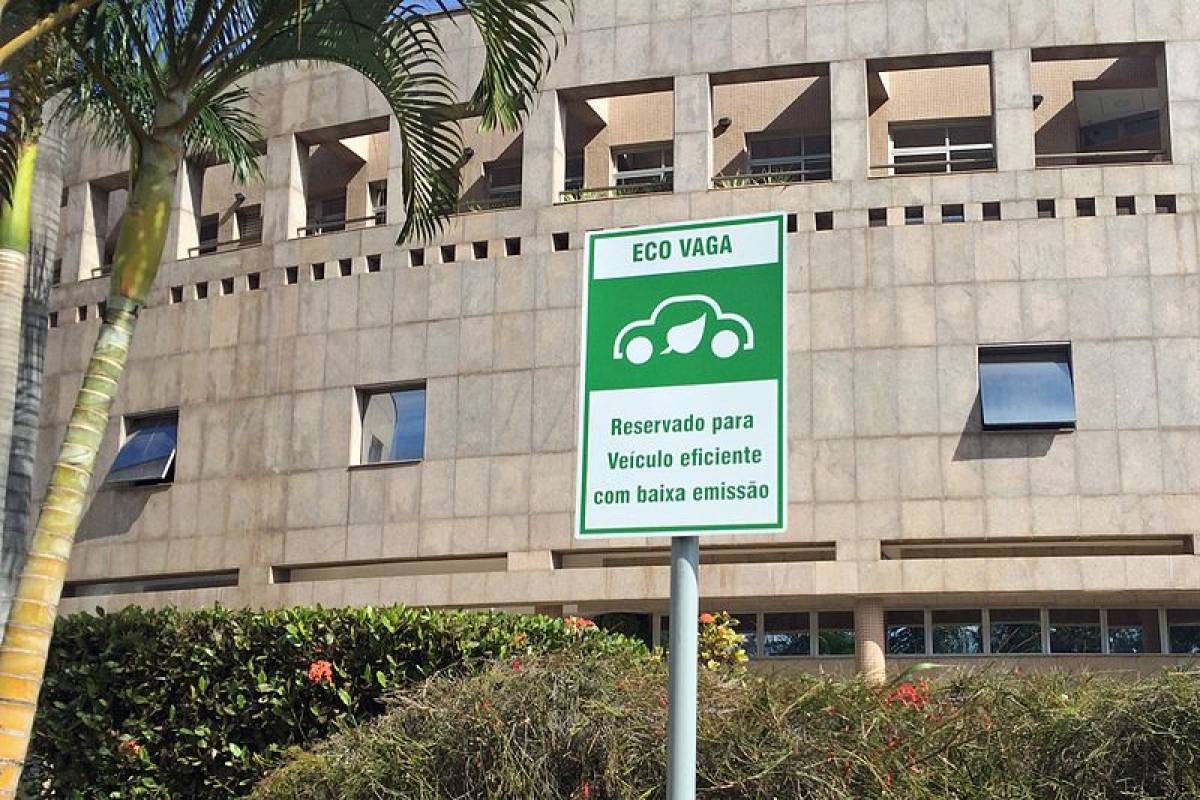How to Boost Your Company’s Sustainability: Tips to Go Green

Sustainability is now central to global efforts to reverse climate change and protect the natural environment. Sustainability is also more important than ever before for consumers and the future of businesses and companies.
Sustainability means that your business has minimal negative impact (or potentially a positive effect) on the global or local environment.
The benefits of sustainability and becoming eco-friendly in your business is that you will save money and this will go down well with clients and customers. Your team will also feel happy that you’re all doing your bit towards protecting the environment.
But how do you go about enhancing sustainability in your business?
3 Tips to Enhance Sustainability in Your Business
Here are some key tips you can use to ensure you build and run a sustainable business:
1. Invest money and resources in sustainability
Invest money and other resources in sustainable business practices and solutions.
If that means changing your suppliers to more sustainable ones, downsizing your office, installing solar pannels, or making sure you turn off lights and electricity at the end of the day, so be it. It’s amazing how many people don’t completely turn off the lights or their PCs at the end of the workday, don’t be one of them!
Investing in renewable energy sources like solar energy and wind instead of relying on fossil fuel-based systems and non-renewable energy in your business is another one of the best ways to go green and protect mother earth.
It might be costly, disrupting, or inconveniencing for businesses to invest in sustainability at first, but it will be worth it in the end. By investing in sustainability, you’ll be reducing your carbon footprint, while appealing to more customers as more and more people prefer and are aware of eco-friendly solutions.
If you want to make your company more sustainable and you need some financing to implement your sustainable business strategy, you can always go for available business financing, including a traditional bank loan or even a same day loan.
Remember to take out a loan that you can pay back without too much struggle. That way the loan is going to help you meet your business’ sustainability goals in the long run. Otherwise, work on saving money to use for implementing sustainability in your business.
2. Hire people to handle sustainability in the company
It's also worthwhile to hire people solely responsible for looking after the sustainability of the company.
If you are relying on workers with other responsibilities in the company, they may not be able to focus fully on this important aspect of the business and sustainably could fall by the wayside and be forgotten.
So, if you want sustainability to be at the heart of your company, make sure you have someone or a team that is regularly checking, reporting, and improving the green side of your business.
Having dedicated people working on new sustainability practices, reviewing your business' eco-friendly strategies, and even promoting sustainability in general will go a long way in winning new customers and protecting the planet.
3. Swap, recycle, and reuse
Swap materials you are using that are harmful to the environment with eco-friendly material. For example, if you wrap your products in plastic bags, swap the plastic bags with sustainable alternatives like brown bags or natural cloth like cotton.
Also, avoid wastages in your business as much as possible by, among other things, recycling and reusing materials. That means enforcing policies like turning off equipment when not being used and recycling most of what is in your garbage and compost bins to reduce office waste going to landfills, as well as re-using materials such as the back of used paper as scrap and notepaper.
Avoiding waste in your business is ultimately a better green strategy than recycling. So, be sure to look for reusable items rather than disposable ones, which is a great way to reduce your waste stream.
Simple day-to-day things like these turning off switches, not turning the heating up too high, using laptops instead of computers to save energy and money, and allowing employees to work from home a few days a week to reduce their commute footprint will go a long way in protecting the environment and also improving your business reputation and corporate image with customers, employees, and stakeholders.




















